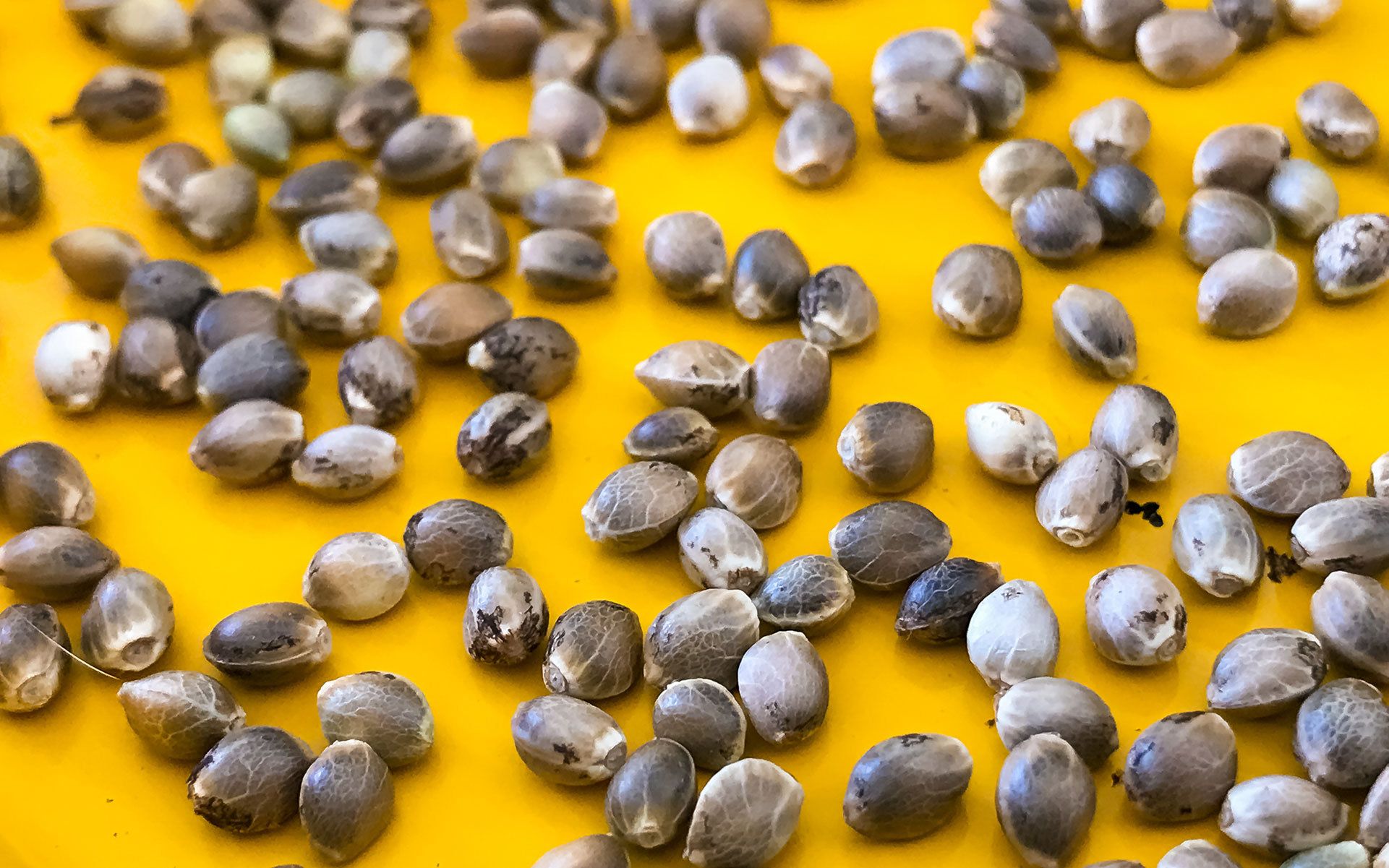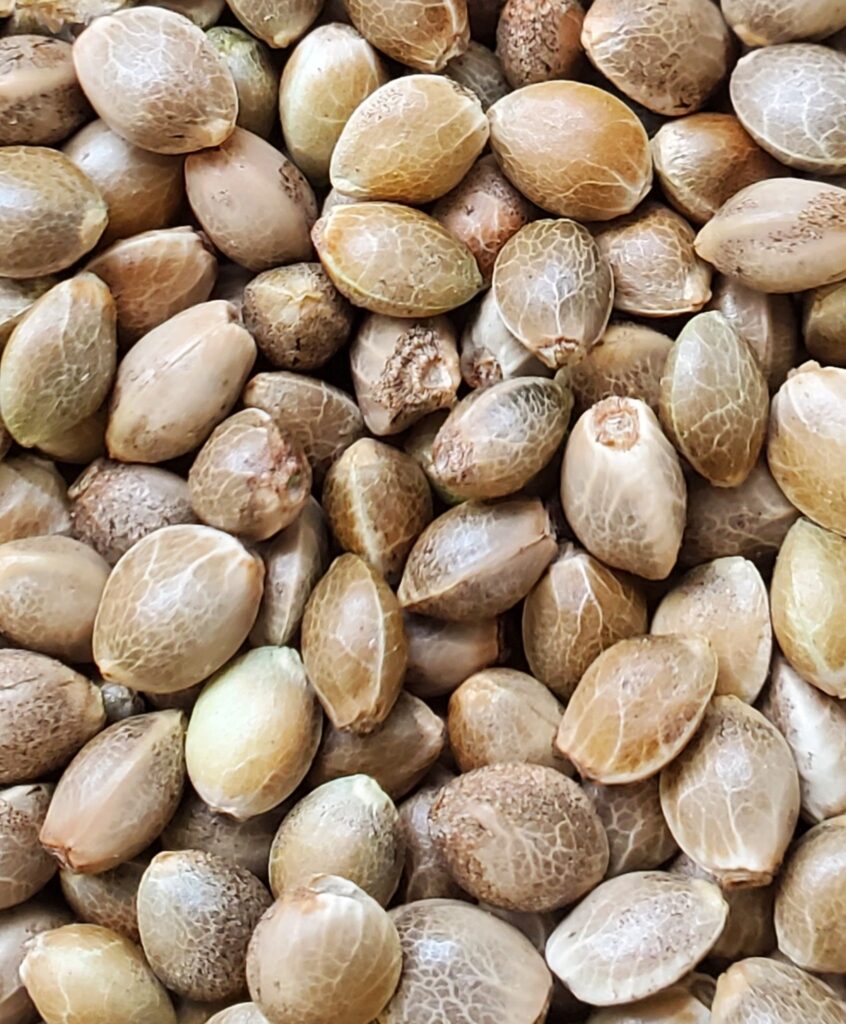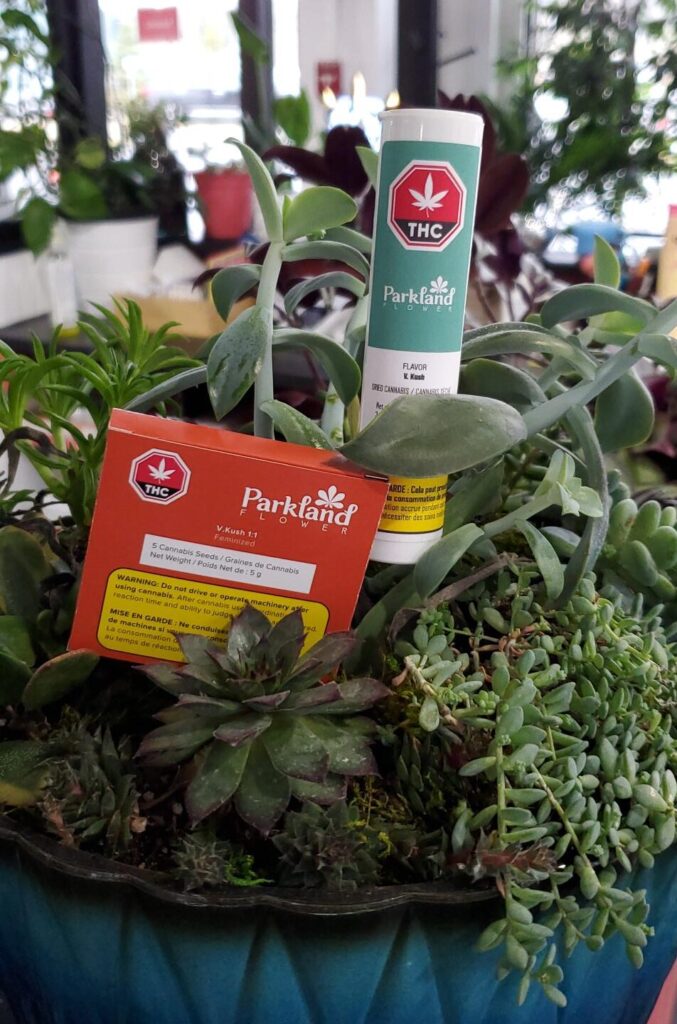
Cannabis nurseries are picking up speed, making seeds and clones available to growers
Cannabis nurseries are the secret heroes of pheno-hunting, seed-throwing, the unsung genetics heroes of the cannabis industry.
A growing number of cannabis nurseries – also called “breeders” – are springing up to supply seeds and clones for the commercial and domestic markets in Canada.
There are more than 600 state-licensed cannabis growers in Canada, and only 21 fall into the cannabis nursery category. Despite their small numbers, much of the genetics come from licensed producers from these tiny but powerful nurseries.
What is a cannabis nursery?
Most nurseries focus primarily on supplying starting genetics for other commercial breeders – usually clones, though sometimes tissue culture specimens, and a growing number are selling seeds directly for retail purposes.
Cannabis cultivation licenses in Canada are divided into three different categories: micro-cultivators with a 200m2 enclosure, standard cultivators with no enclosure, and cannabis nurseries.
Cannabis nurseries have no size limit for non-flowering cannabis plants – such as clones, mothers, or tissue cultures – but a canopy limit of 50 m2 for flower material for seed production.
In contrast to cultivation licenses, nurseries are only allowed to grow flowers for seeds and must destroy flowers after they are harvested.

Although about two-thirds of the currently licensed nurseries are in British Columbia, there are a handful in other provinces as well. Alberta is home to three, Ontario two, and Saskatchewan, Nova Scotia and New Brunswick each have one.
Clones, tissue culture and seeds – oh my!
Nurseries such as Progeny Bio (sold under the Erbaceous brand), Weather Islands Craft Cannabis, and NRC Cannabis (sold under the Jax brand) offer seeds in provinces such as British Columbia, Ontario, New Brunswick and Nova Scotia.
Other nurseries such as Segra, Mother Labs, Klonetics, Greenway and many more focus on supplying clones and tissue cultures to commercial growers.
This gives commercial growers a source of new and unique genetics, as well as a way to use the canopy space more efficiently for flowering, especially for microcultivators, rather than using the space for in-house clone production and cultivation.
So-called pre-flower clones have become the standard for many growers who buy starter plants from nurseries or other growers that can be quickly converted to flowering indoors.
Tissue cultures and “clean” cannabis
Tissue culture is the culture of plant cells (tissues or organs) that are packaged in a sterile and environmentally controlled container. Proper tissue culture is the foundation for breeders to obtain healthy, disease- and pest-free clones with consistent growth characteristics and phenotypes.
One nursery that provides these tissue culture services is Klonetics, a newly licensed nursery in British Columbia. First they look for phenotypes or select the best version of a strain, then they create tissue culture samples for sale to commercial growers.

“We’re focusing on what we call ‘ready-to-flower’ plants, a 12-inch plant that allows the licensed producer to reclaim their actual mother, clone and vegetable space and turn everything into flowering space “Says David Brough, CEO of Klonetics. “That increases the yield and also makes it much more efficient.”
“We start all of our flowering plants with tissue cultures,” he said. “[That way] every single plant is guaranteed mold-free, mold-free and we have a full-time Ph.D. Virologist in the staff who removes viruses. “
Clean cannabis is free from pests and viruses
In addition to selling commercially, cannabis nurseries also offer tissue culture services that can store a producer’s genetics and “clean up” them of many potential diseases or other contaminants. One such nursery, ProgynyBio in British Columbia, offers this service.
“We encourage the industry to test for viruses and preserve clean plant material in tissue culture systems, similar to our certified inventory,” said Geoff White, CEO and founder of ProgenyBio and CanGenX BioTech Inc.
“We offer molecular virus / viroid analyzes, plant material remediation, maintenance and storage along with propagation services for low to medium quantities to licensed breeders. We do not use PGRs [plant growth regulators] or antibiotics in our tissue culture system to ensure compliance with Health Canada standards. “
Seed sales and exclusive genetics
Since the cultivation of your own cannabis is currently legal in most provinces of Canada, the supply of legal starting material should be better supported.
A simple Google search leads to sites of illegal cannabis seed suppliers where the authorities have done very little to stop this aspect of the illegal market. In addition to tissue cultures and clones, seeds also offer cannabis nurseries a chance to differentiate themselves from their competitors.
Klonetics does just that, says Brough through their licensing agreements with multiple breeders and seed manufacturers around the world.

Brough says they actively work with breeders to make sure the genetics they sell are what they claim and that sales are approved by those who developed the strains.
“We’re global and have signed exclusive license agreements with some of the largest seed companies in the industry,” he says. “So we have the licensing rights for their names, their brands, their varieties. We have eleven of the biggest names in the seed and variety business in the industry. “
Selling seeds is good for small businesses
A handful of breeders offer seeds for the retail market rather than for commercial cultivation. This enables consumers to access high quality genetics and grow their own legal cannabis. It’s also an easy entry point for small businesses looking to get into business.
Micro-cultivators like ANC (who sell seeds at 34 Street) and Parkland Flower, both in Alberta, have found a niche market by focusing on seed production rather than flower production, with seeds in multiple provinces and territories such as Alberta, Ontario, British Columbia , New Braunschweig, Yukon and others.
For Parkland Flower’s Kieley Beaudry, seed production is a great way to get straight into the market instead of competing in a more complicated flower market.

While cannabis products such as flowers, edibles, beverages, extracts and topicals must be packaged by a processor, anyone with a cultivation license can sell seeds and clones in the provincial-managed retail channels pending provincial approval.
Although the flower market can be very competitive and sometimes difficult for smaller growers to navigate, she says seeds are a good entry point for a small business like hers.
“It’s a great way to get your feet wet as a breeder with a low-risk product,” explains Beaudry. “It’s about penetrating each sales channel and finding out before other products are brought to market.”
Beaudry says she has also worked successfully with several provinces to lower their insurance requirements for seed sellers and to help small growers like Parkland Farms use this category of product as an entry into an otherwise complex and costly provincial supply chain.
Is there consumer demand for seeds in the retail markets?
The sale of seeds still makes up a very small part of the total cannabis market, with many nurseries still having success selling at least some strains in almost every province. Consumers interested in growing their own weed at home might consider starting with seeds. The exceptions are Manitoba and Quebec, as both provinces prohibit the cultivation of cannabis at home.
“We thought it was very important for us to have products in the seed category, to connect with our consumers, but also with those who want to grow and try their hand at”, says Mandesh Dosanjh, President and CEO of Pure Sunfarms Group.
“But in the end it all starts with consumer demand. We see different levels of interest depending on the province. ”
“Seeds make up such a small percentage of total sales across the country, it is less than 1% per year, but we have found support from many provincial boards and will continue to supply them as demand grows.”
“It won’t be a big part of the industry, but I’m glad it exists and we’re happy to be a part of it.”
David Brown
David Brown has been working in and writing about the cannabis industry in Canada since 2012. He was previously the editor-in-chief and communications director of Lift Cannabis and Lift News, senior policy advisor for the cannabis legalization division of Health Canada, and is the founder of StratCann Services Inc.
View article by David Brown
By submitting this form, you subscribe to Leafly news and promotional emails and agree to Leafly’s Terms of Use and Privacy Policy. You can unsubscribe from Leafly email messages at any time.

Post a comment: